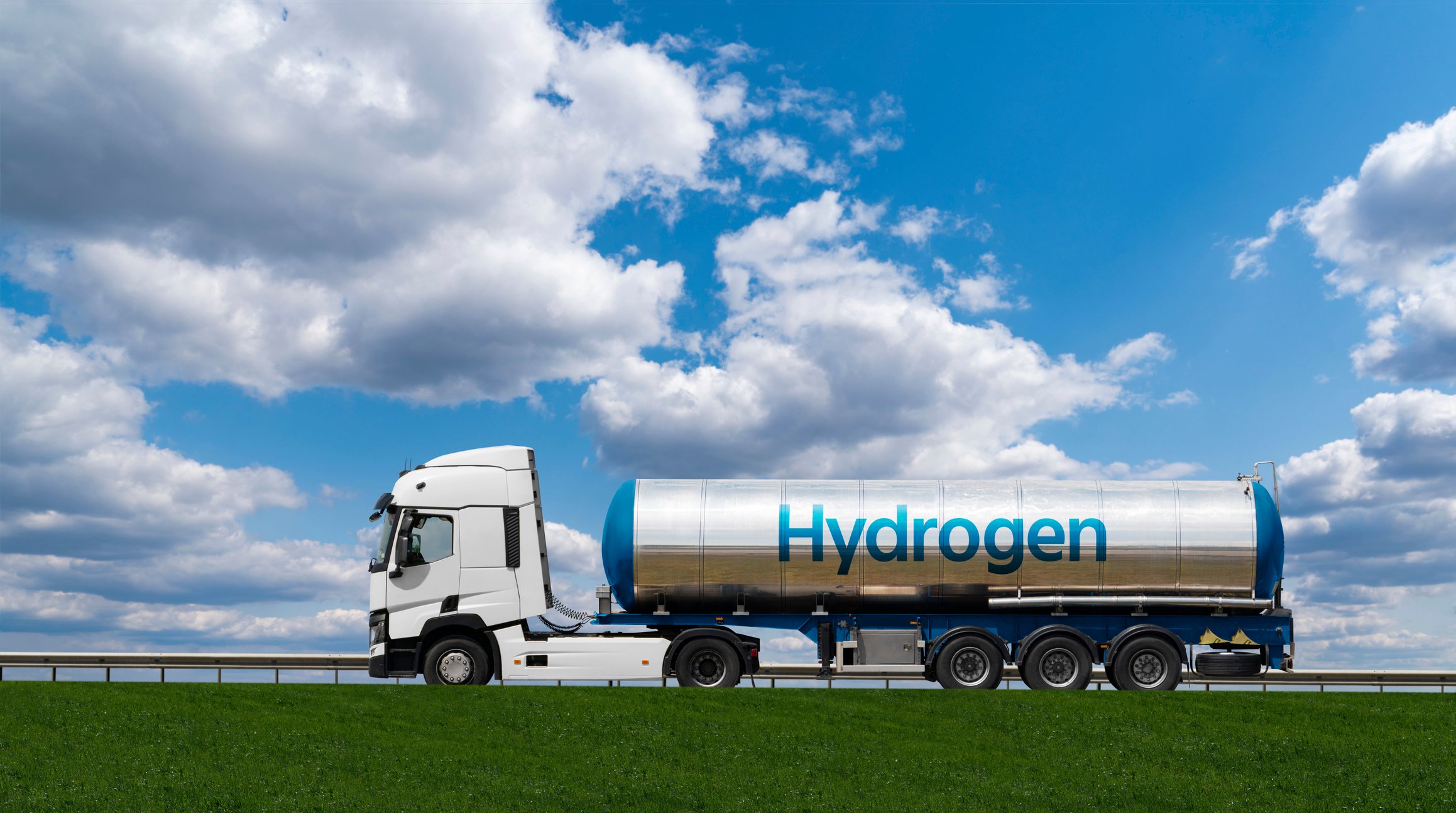
Image source: GE.
General Electric (GE +0.39%) has big plans for the future of its oil and gas unit. According to GE Oil and Gas President and CEO Lorenzo Simonelli, GE is a "fullstream" company. In a December presentation at the Credit Suisse Industrials Conference, he touted this declaration as a way to ensure that "a customer is able to look at [GE Oil and Gas] as being in every part of their value chain."
If GE could pull it off, this would be great news for the company -- and worrisome for big oil services companies such as Halliburton (HAL 0.50%). But there are quite a few signs that Halliburton doesn't need to start sweating just yet.
Times are tough all over
The oil and gas industry is generally divided into three sectors:
- Upstream: exploration, drilling, and extraction.
- Midstream: transportation and storage.
- Downstream: refining/purification and distribution.
GE has coined a new term, "fullstream." According to Simonelli:
Now, that's not at a term you're going to find in the industry. It's the term that we've come up with, but really to characterize the way in which we offer both products and services of high technical content across the full value stream of the oil and gas industry. ... So as you look at GE Oil & Gas, think of us as being a proposition to the industry across the value chain.
According to the presentation materials, GE believes "it takes a fullstream provider to reduce downtime for the upstream, keep the midstream moving, and keep downstream up and running."
Certainly, the idea that a customer such as ExxonMobil would feel compelled to purchase blowout preventers for its drilling rigs from GE, and then also use the company to supply its midstream pipeline valves and its refinery technological systems is appealing. In theory, too, offering a broad array of products and services helps insulate the company against weakness in one area of the industry.
Of course, with oil and gas prices so low, orders across the industry are down, and GE Oil and Gas revenues and profits have been falling, too. Revenues were down 14% last year, and profits down 12%. Halliburton has been similarly afflicted, with its Q4 revenues down an eye-popping 42% year over year.
A crowded (oil)field
But let's assume that oil prices recover somewhat in 2016, and orders start flowing like sweet Texas tea: Will those orders come to GE?
There's no guarantee. In his presentation, Simonelli was asked directly in which areas he thought GE might see the greatest share gains. "We don't divulge share numbers across the various segments," he replied. "What I will tell you is, we've got some very strong technology introductions and also some strong positions."
The trouble is, there are a lot of other companies providing services to the oil and gas industry, and many of them also have strong positions. According to EnergyPoint Research's annual industry customer satisfaction survey, no fewer than 26 different companies sported No. 1 ratings in various oilfield-products categories. These include big companies such as Caterpillar and Schlumberger. Halliburton alone was ranked first in nine different categories, including ultra-deepwater applications and intelligent sensors and controls. GE Oil and Gas was ranked first in just one: flow control equipment.
True, not all of these companies operate in all of these categories, but that probably works against GE. If a customer has to go to many different companies to meet its needs anyway, there's no major advantage to buying a few different components from one supplier. Now, GE is looking at adding to its portfolio by purchasing Halliburton's drilling businesses, but it will still be just one player on a crowded (oil)field.
Loyalty cards are for supermarkets, not oil markets
Even if GE could offer integrated product or service packages that could cover most of a company's "fullstream" needs, there's scant evidence that customers would necessarily be so loyal to one company. As an example, let's look at a current GE customer, the Saudi Electricity Company.
In 2012, the Saudi Electricity Company awarded GE's competitor Siemens a $1 billion-plus contract to supply and maintain turbines, generators, and systems for its new Qurayyah power plant. In 2015, it awarded a contract to Siemens' rival, Honeywell, for a control system and network infrastructure upgrade to the plant. That same year, it awarded a contract to GE for a new plant and also signed a memo of understanding with GE to provide support to its power plants.
Obviously, this is just one customer, and the comparison isn't exact, but it illustrates that customer loyalty is far from guaranteed.
Investors' takeaway
Until oil prices recover and orders ramp up again, both GE Oil and Gas and Halliburton are going to suffer regardless of GE's "fullstream" status or what other acquisitions it makes. But even when the recovery occurs -- assuming it ever does -- there's no guarantee that GE (or Halliburton, either, for that matter) will be able to leverage customers into purchasing a full suite of its products and services. Certainly, investors shouldn't be holding their breaths or buying GE based on these plans.







